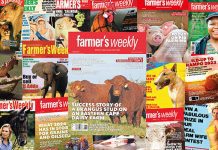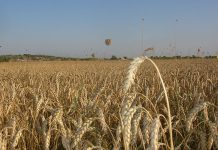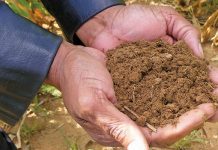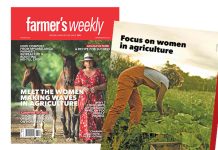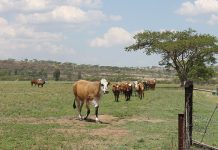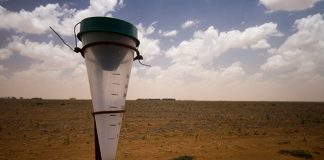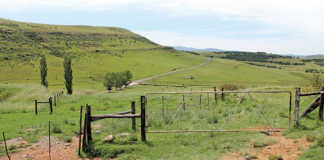We are in real trouble, but hopefully this perfect storm will force our leaders to take a hard and honest look at how we got here. The drought might be exacerbating our economic problems, but it is not solely to blame for the position we find ourselves in – much the same way as we cannot continue to blame the wrongs of the past for the faults in our present.
Speaking at the ANC’s 104th anniversary celebration, President Jacob Zuma blamed the challenges of “poverty, inequality and unemployment” on the country’s land ownership situation.
Counting the many ways in which land reform has failed to bring any meaningful change to the lives of the rural poor, the error in his statement is so painfully obvious that it hardly needs saying, but the proven truth is that simply giving people access to land does not equal the creation of a viable livelihood – especially when ownership of the land is not even transferred to the recipient.
The president’s call for land reform to be sped up is certainly not reflected in the amount of resources allocated to it. Chief Land Claims Commissioner Nomfundo Ntloko-Gobodo reports that targets are being met; yes, this is true, but the targets that can afford to be set are uninspiring. The budget allocated from Treasury towards the settlement of land claims for the 2015/2016 financial year is R2,6 billion – less than 0,2% of total government expenditure of R1,35 trillion. That doesn’t look like a priority to me.
The World Bank’s January 2016 Global Economic Prospects report, which predicts GDP growth of 1,4% for South Africa in 2016, and the SA Chamber of Commerce and Industry’s latest Business Confidence Index, which puts business confidence at a more than 20-year low, reveal some of the real causes of economic hardship in our country.
There are a number of external factors at work. We can blame the economic slowdown in China and the recent interest rate hike by the Fed in the US for some of our problems.
However, much of South Africa’s difficulties are due to bad planning and poor policies. According to the World Bank, power supply bottlenecks and weak business confidence compounded by difficult labour relations will continue to weigh heavily on growth.
Dare we hope that with a very difficult year ahead, our government will face the facts instead of getting caught up in election-year fiction?
Denene Erasmus is the deputy editor of Farmer’s Weekly.

